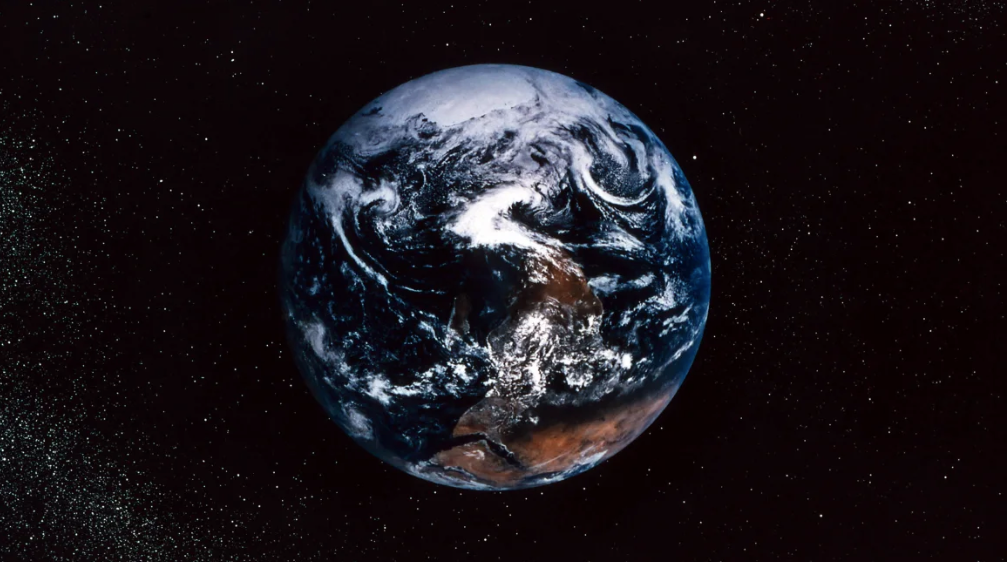Researchers predict that in the next few years, every person in the world will lose 1 second of their daily time.

That's exactly what will happen when the rapid melting of polar ice due to climate change causes the Earth to spin faster and shifts its axis.
The hours and minutes that define our day are determined by the rotation of the Earth. But that rotation is not fixed, it can vary slightly depending on what is happening on the surface and in the molten core of the Earth.
Until now, people have not realized the change in time when the Earth rotates faster or slower because scientists have come up with a method to synchronize the time of the Earth completing a rotation with Coordinated Universal Time (UTC) - an international standard of time made by atomic methods. That method adjusts the time by "leap seconds". If the Earth rotates slower than the standard time, scientists adjust UTC by one positive leap second, adding one second to the time of a day. Since the 1970s, 27 leap seconds have been added.
However, after a period of slowing down, Earth's rotation is now speeding up due to changes in its surface. For the first time, scientists will have to subtract a second instead of adding it.
“A negative leap second has never been added or tested, so the problems it could create are unprecedented,” Patrizia Tavella, a member of the International Bureau of Weights and Measures in France, wrote in an article accompanying the study.
According to the National Institute of Standards and Technology (NIST), adding and removing leap seconds has its pros and cons. They help ensure astronomical observations are synchronized with clock time, but they can also cause problems for some telecommunications applications and software that rely on seconds.
In July 2022, a series of technology giants such as Meta, Microsoft, Google, and Amazon launched a campaign to eliminate the addition of a leap second to UTC to align with the Earth's rotation. Instead of the clock showing 23:59:59 (23 hours 59 minutes 59 seconds) switching to 0:0:0 at midnight, the clock will turn to 23:59:60. That causes many difficulties for computers that rely on a network of precise time servers to schedule events and record the sequence of activities. In 2012, after a second was added to UTC, a series of sites such as Mozilla, Reddit, LinkedIn... reported network outages.